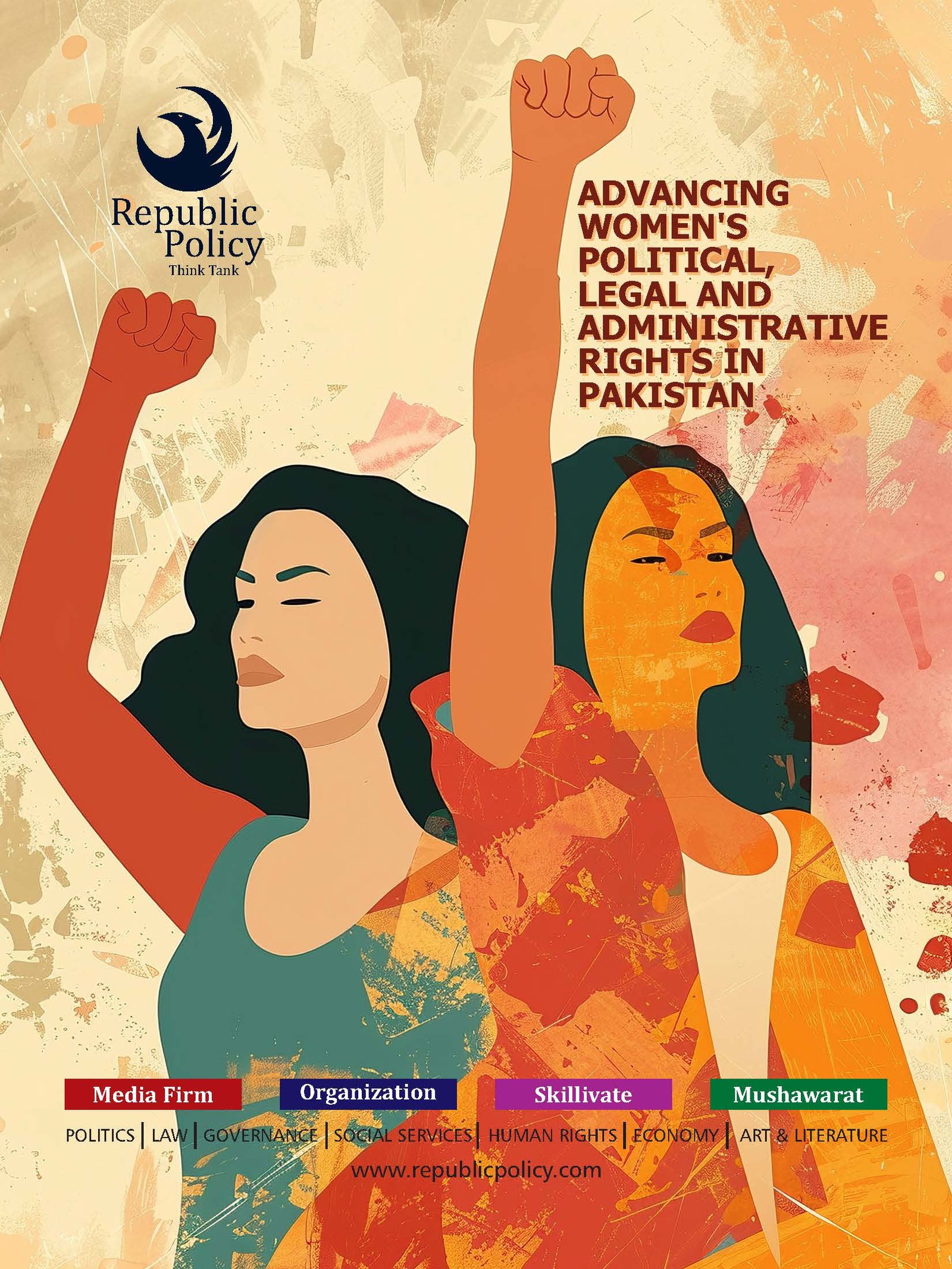Dr Shabana Safdar Khan
Women in Pakistan perform the vast majority of unpaid domestic and care work — a burden that has long remained unseen and undervalued. A recent International Labour Organization (ILO) report lays bare this structural inequity, revealing that out of 117.4 million Pakistanis engaged in household and caregiving tasks, almost 67 million are women. They cook, clean, tend to livestock, and care for children, the elderly, and the sick — all without rest, pay, or recognition. In comparison, fewer than half as many men undertake similar duties, and for much shorter durations. This imbalance represents more than just gender disparity; it is an economic blind spot undermining Pakistan’s social and developmental potential.
On average, Pakistani women spend over 15 hours a week on unpaid household work, while men spend less than seven. This unequal division of labour entrenches “time poverty,” depriving women of opportunities for education, skill development, and income generation. It confines them to cycles of dependency and prevents their entry into formal employment, keeping female labour force participation among the lowest in South Asia. Economists warn that this structural bias directly widens the gender pay gap and perpetuates inequality in decision-making and leadership roles.
Follow Republic Policy on YouTube
The ILO’s findings should serve as a wake-up call for Pakistan. Women’s unpaid labour silently sustains the economy — subsidising homes, hospitals, and entire communities. Yet this contribution remains uncounted in national statistics and unsupported by state policy. The irony is that the economy depends on the invisible labour of millions of women who have no safety nets, legal protection, or recognition. Their work is seen as a “duty,” not a profession, and that perception must change if Pakistan hopes to achieve genuine gender equality and economic resilience.
Encouragingly, there is potential for reform. Pakistan, as a designated ‘pathfinder’ for the ILO’s Global Accelerator for Jobs and Social Protection, has access to international expertise and models that can help transform care work into decent work. The ILO’s “Promoting Rights and Social Inclusion” project in Punjab is one such initiative that has already shown impact by organising domestic workers into unions and advocating for their legal recognition. Registration of domestic worker associations and the drafting of employer codes of conduct are early but vital steps toward acknowledging this workforce.
Follow Republic Policy on Facebook
However, these gains remain largely provincial and fragmented. Millions of women across other provinces still work informally, without access to minimum wages, maternity benefits, or health insurance. To build a fair and inclusive economy, Pakistan must adopt a nationwide policy that addresses the care economy as a strategic sector. Establishing training and certification standards, setting fair wage scales, and introducing social protection measures would not only uplift the working poor but also professionalise a sector essential to family and community well-being.
Follow Republic Policy on TikTok
Expanding public investment in health and social protection — as the government has pledged by raising health spending to 3% of GDP within the next decade — can strengthen this foundation. Yet promises alone are insufficient. The state must sustain long-term commitment through budget allocations, monitoring mechanisms, and integration of unpaid work into national economic planning. Public awareness campaigns can also play a critical role in reshaping perceptions of gender roles and household responsibility, promoting shared care duties between men and women.
Follow Republic Policy on Instagram
Recognising women’s unpaid labour is not merely a matter of social justice; it is a matter of economic logic. Studies worldwide show that investing in the care economy generates more jobs per dollar spent than any other sector. For Pakistan, where youth unemployment and gender inequality persist, this transformation could open new pathways for inclusive growth. Valuing women’s time and work — through policy, pay, and respect — is the most powerful investment a society can make in its own progress.
















